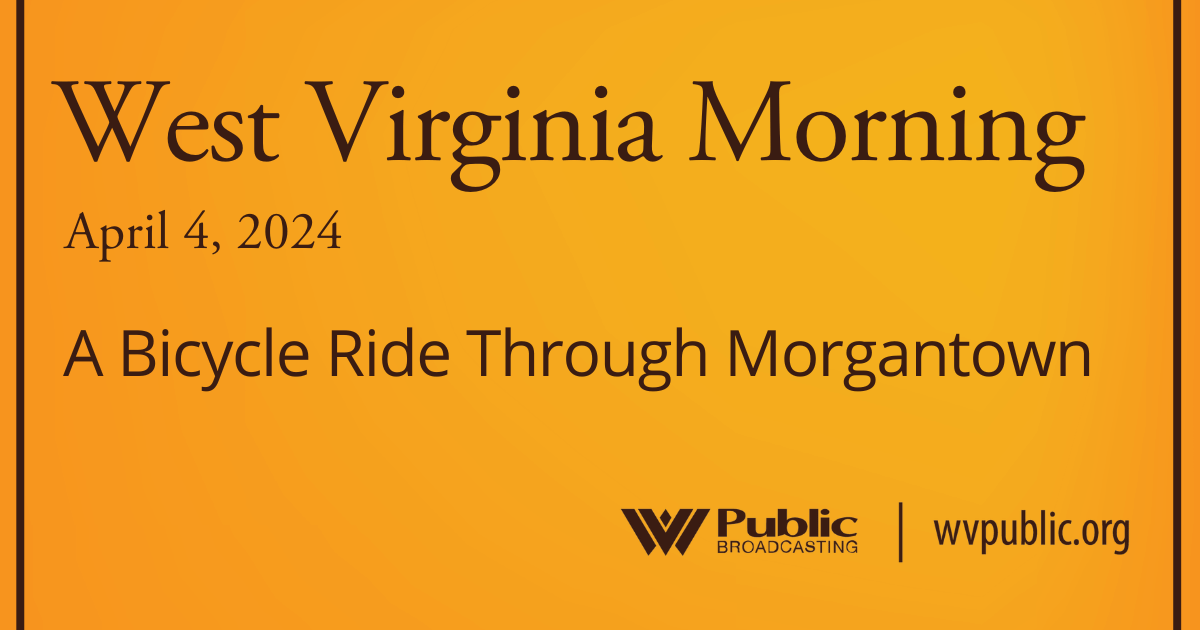The state has relaxed legal advertising restrictions so now, as of July 1, the state’s more than 1,200 limited video lottery locations can each put up a six foot square sign that identify that it is a limited video lottery location.
West Virginia’s video lottery locations can now advertise what’s inside.
The state has relaxed legal advertising restrictions so now, as of July 1, the state’s more than 1,200 limited video lottery locations can each put up a six foot square sign that identify that it is a limited video lottery location.
State Lottery Director John Myers said there was confusion for people not knowing what the establishments really were.
“They went into one of these locations thinking it was a restaurant, it was not identified as a limited video lottery,” Myers said. “And then they get inside and find out that there are gambling machines inside the business. So it’ll help to identify what that business is.”
West Virginia Amusement and Video Lottery Association Executive Director Michael Haid said the signs will create a brand and be uniform and tasteful, with no neon or flashing lights.
“This will be the first time we’ll be able to have anything outside of our business. It could say, Michaels Place, a limited video lottery location,” Haid said. “If you’re coming in from out of town, you may not know what it is. On the other side of the coin, there are certain people who don’t want to be in an establishment where there’s gambling, so they’ll know it’s a place that they don’t want to be at, which is equally as good.”
The state is also preparing to launch an ilottery, allowing traditional lottery tickets to be purchased online and with a smartphone. Myers said some complaints surfaced during the pandemic about limited access.
“The complaint was, hey, I can make a sports wager, or I can play casino games on my telephone. But I have to go down to stand in line at the local retailer in order to buy my lottery tickets,” Myers said. “So the customers have become accustomed to being able to use their phones for about everything anymore. And that will allow the purchase of a Powerball or Mega Millions ticket from the kitchen table going forward.”
Myers said customers will also be able to make up to a $200 lottery ticket purchase with a credit card at a retail outlet. He says the ilottery app should be up and running by Spring 2023.
